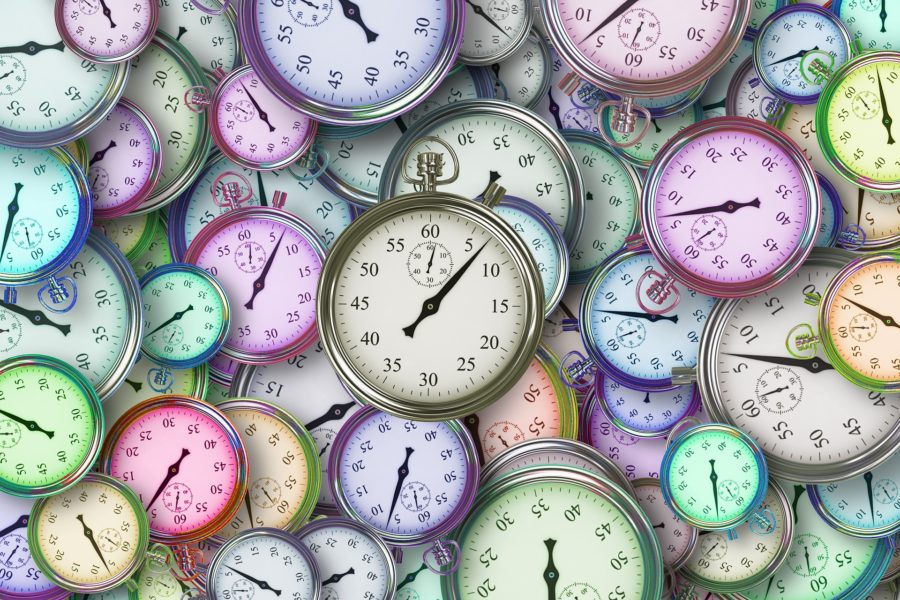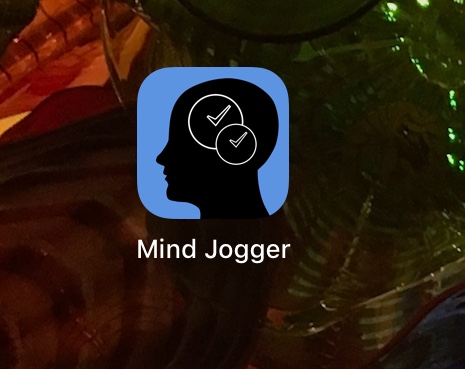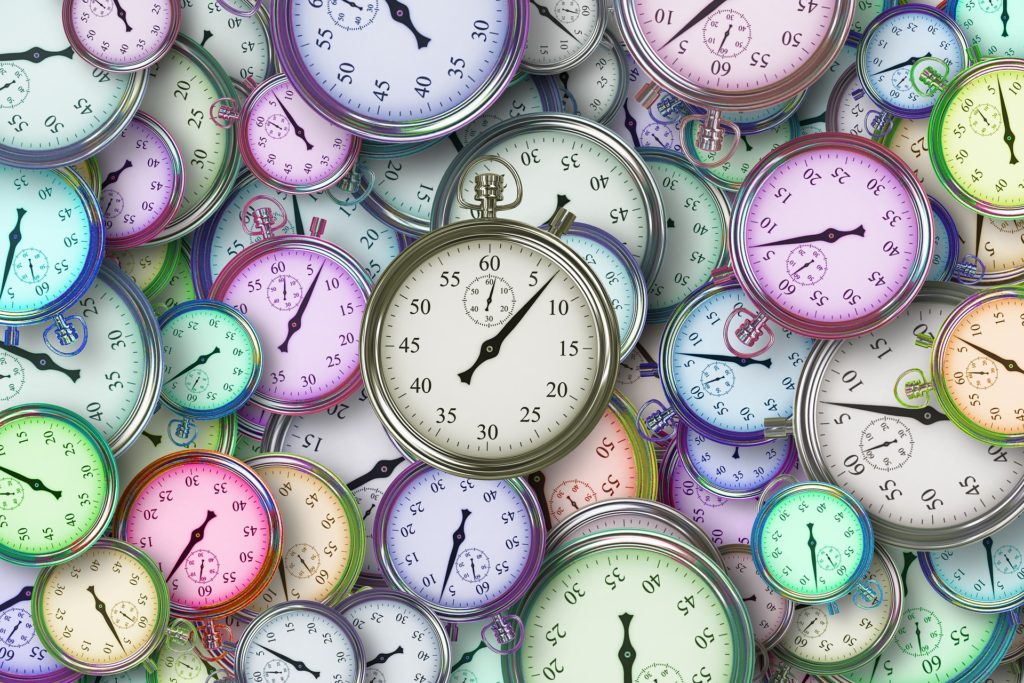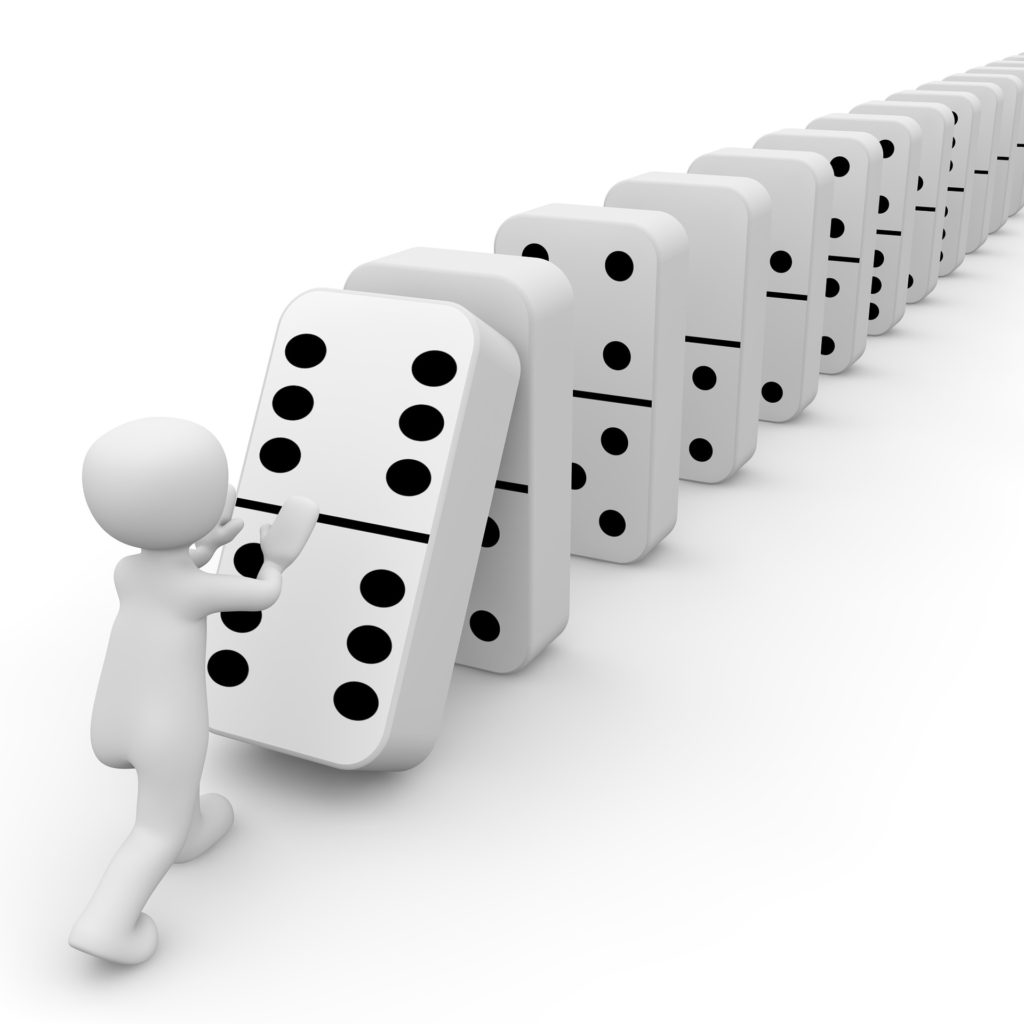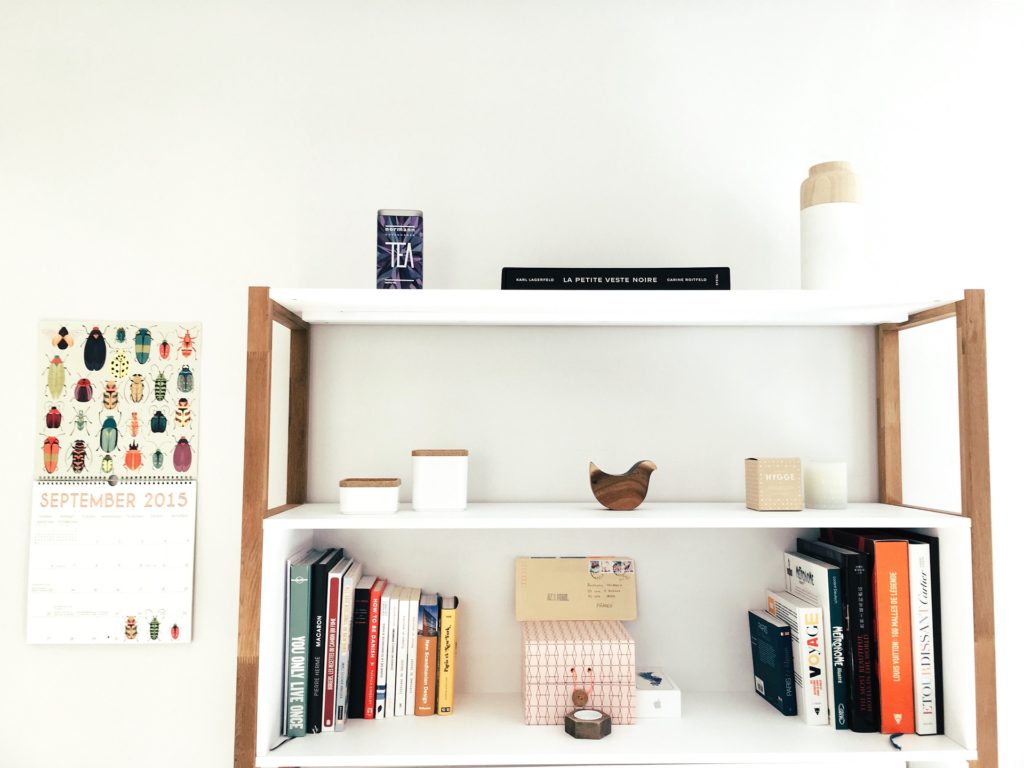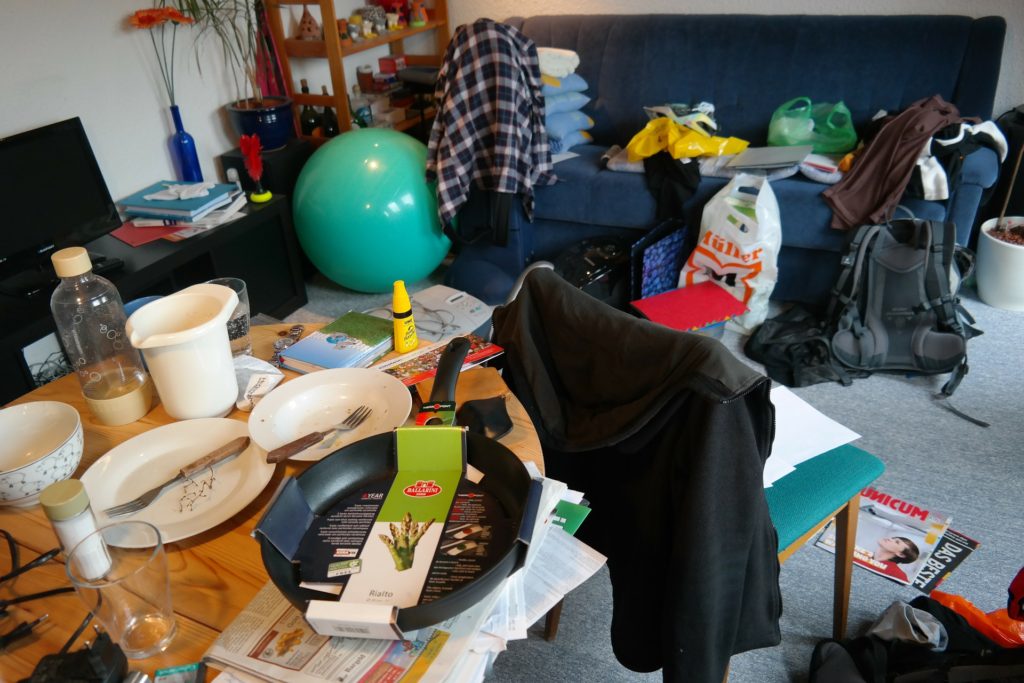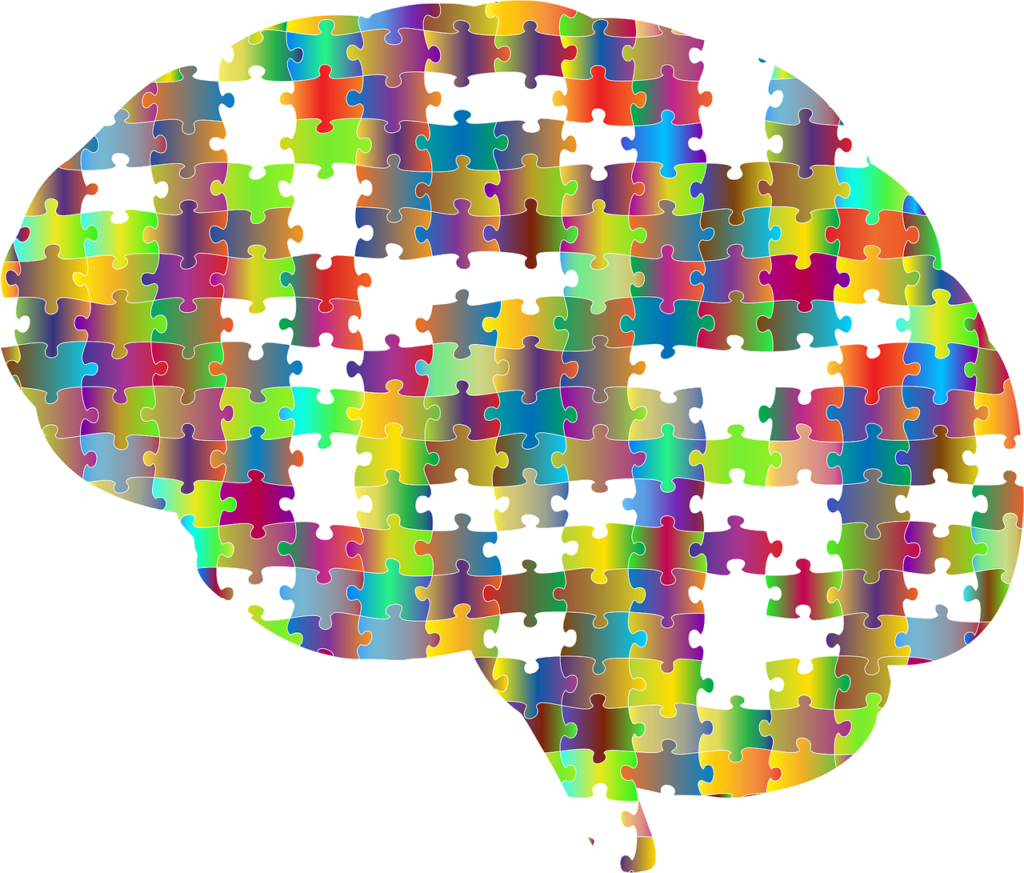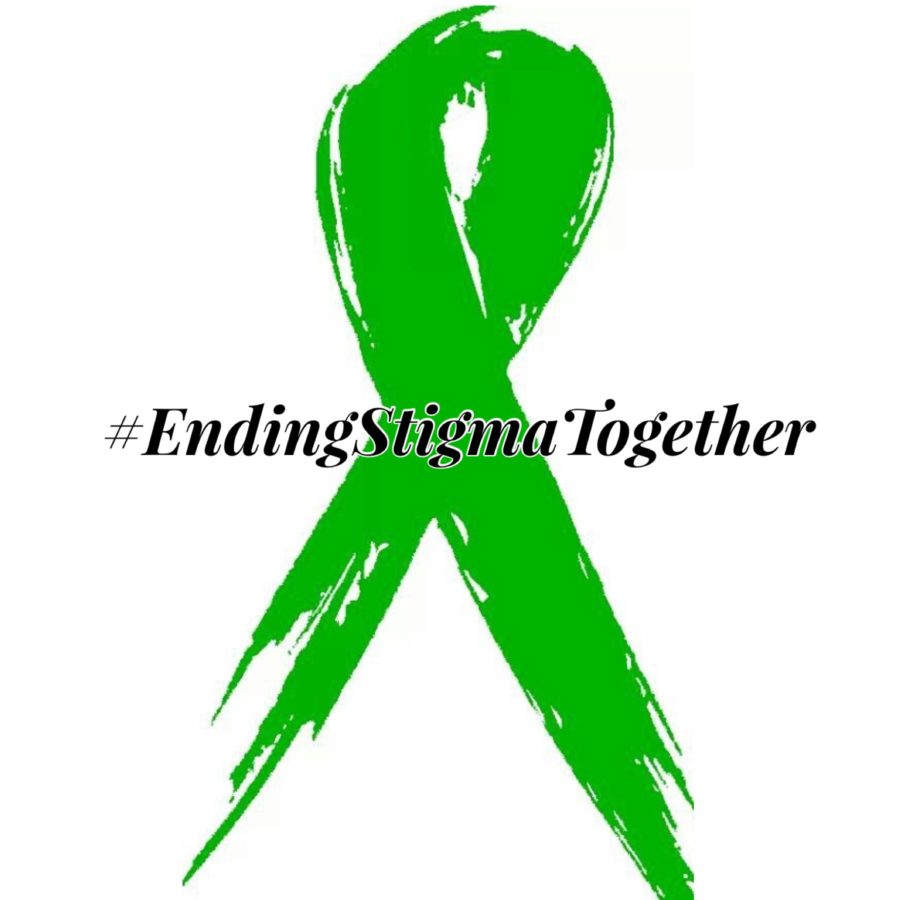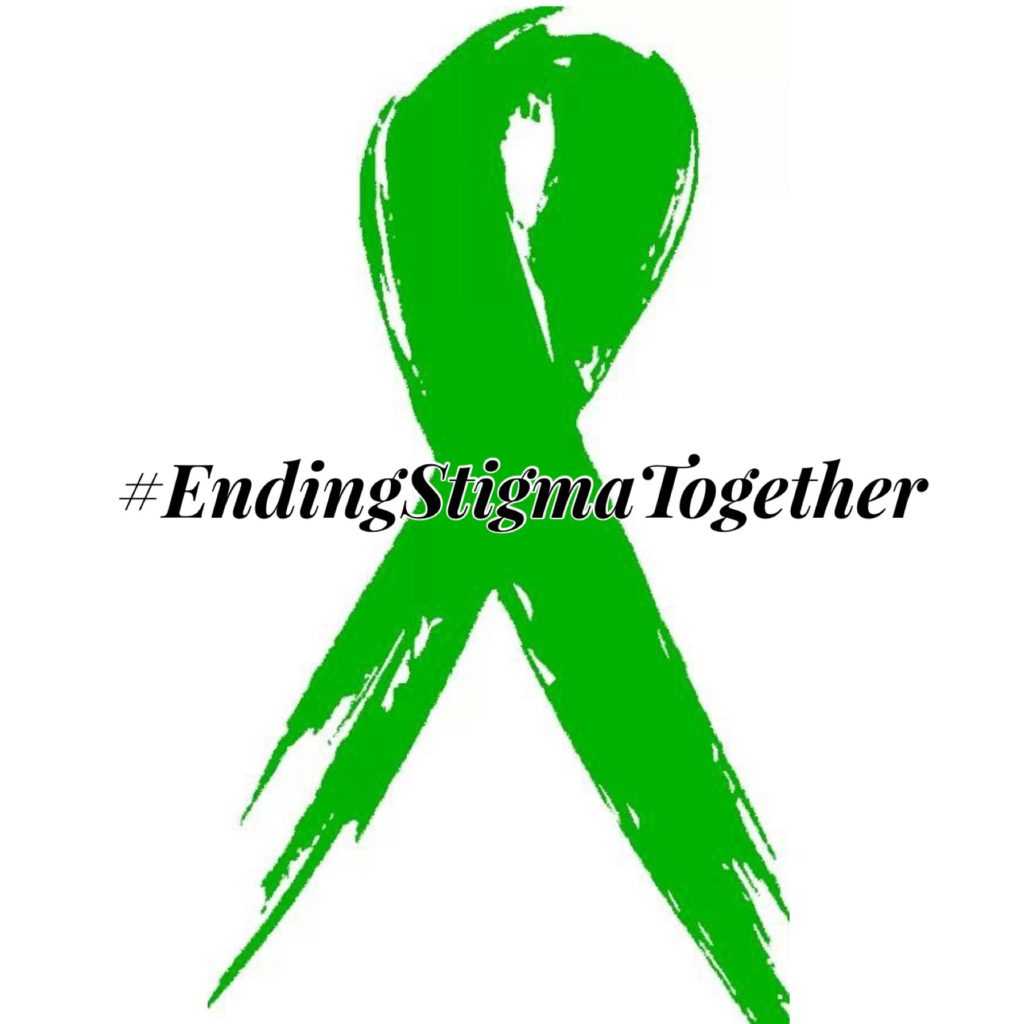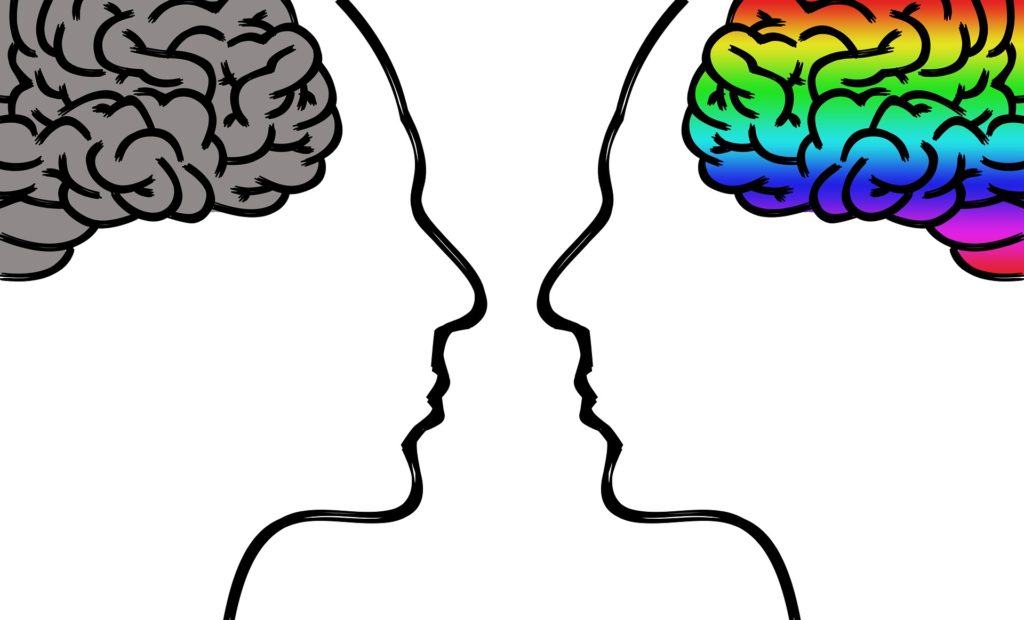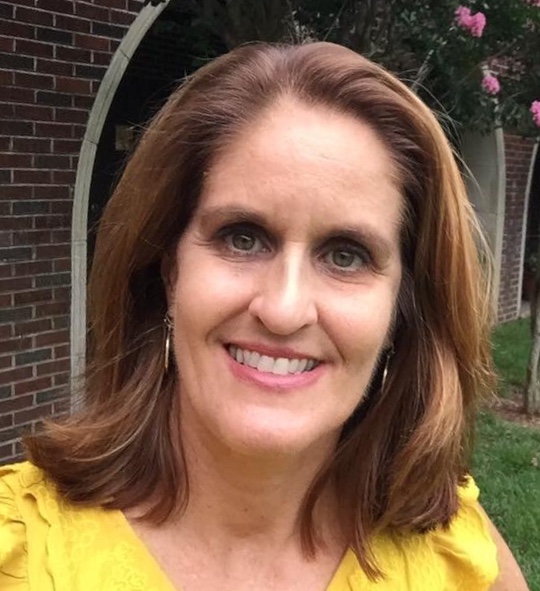
This past October I turned 50 years old. That’s half a century friends! One great advantage of getting older, is actually getting smarter. The longer we live, the more chances we have to learn. What I love most, is how much I have learned about myself and how to make myself the best self I can be. This takes work, persistence and the ability to look at our challenges and triumphs and what has helped along the way. Many of my top life lessons are lessons that are really helpful to everyone, but these habits have truly helped me with my mental health, so I wanted to share. I have also asked friends who live with depression, anxiety or other brain illnesses that can affect or day to day lives. I thought I would share 10 of the habits that I have found to help me over the years in hopes that someone else will be helped.

Creating a morning routine. I have always been a morning person, but having a successful morning has always set my day off to the right direction. Knowing what helps you start the day off right is important. For me, that means having some quiet time, exercising, making sure my “to do” list is ready and a healthy breakfast. For years I skipped breakfast. It was just an easy meal to skip, but it truly does start your mind and body off the right way. On the mornings that I oversleep or don’t include these activities, my day simply doesn’t go as well. My emotions just don’t stay where they need to be to successfully get through my day. What is your morning routine? Do you have one? What do you think you might add to your mornings to make your day better.

Eating healthy foods and stay away from processed foods. I started eating mostly plant based two years ago in the summer of 2017. I have always eaten a pretty “clean” diet. One that didn’t contain fried foods, highly processed food or other junk food. Sweets are something I also tend to stay away from because the sugar really wears down my emotions. Healthy food simply helps improve our mental health. We need to feed our bodies with good nutrition. Remember, the brain is an organ, so be good to it.
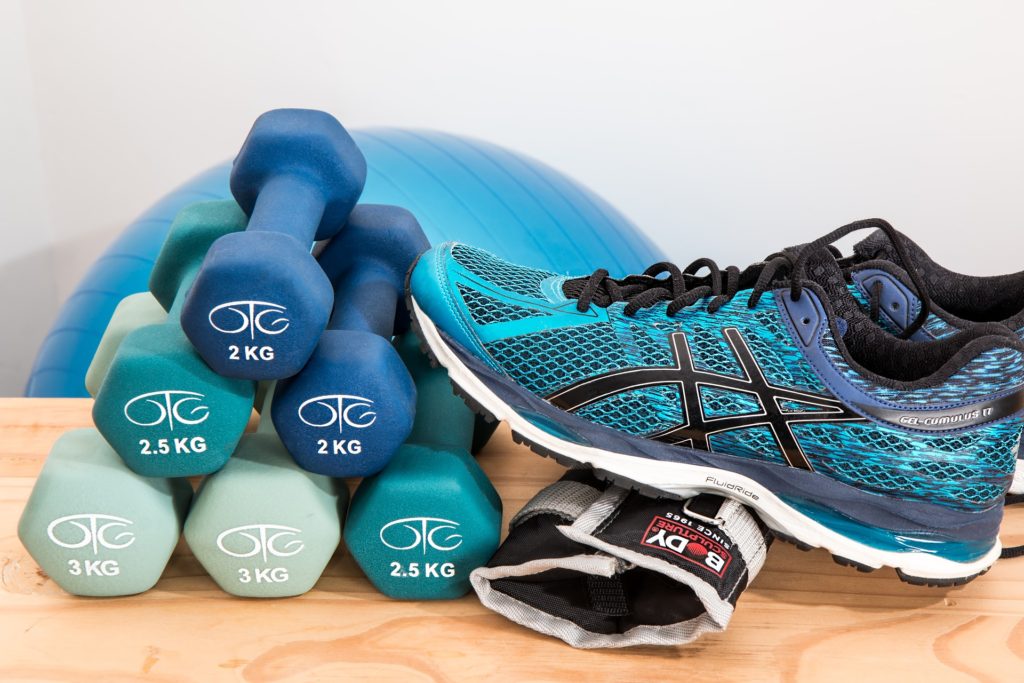
Exercising in some way at least six days a week. Many people feel they don’t have time to exercise. I have learned over the years that I don’t have time NOT to exercise! It can be even something short like a 20 minute walk, or a mini yoga video on YouTube. Make it a priority. It will help get that serotonin pumping in your brain and release all the happiness that sometimes gets stuck!

Reading motivational books. I love to read. I love to learn, so most of what I read tends to be non-fiction. Motivational books can give you a new perspective on how you can live a better life. You can ask friends and family for some book ideas but I have a few of my favorites that I will list here. The Miracle Morning, by Hal Elrod. This is an excellent book if you are looking to start a morning routine!! Big Magic, by Melli’s Gilbert, You Are A Badass, by Jen Sincero, and anything by Brene Brown are great place to start.

Meditating for at least 5 minutes a day. This was a hard one for me to get started because I’m mind is always racing with ideas or thoughts. Meditating has taught me how to sit still and clear my mind. It took quite a few months to get this and also to get used to sitting still for 5 minutes. Now, you can meditate for longer, but 5 minutes is my max before I get too restless. Sometimes I meditate in private and other times I play some soft spa music. There is a ton of benefit of learning how to be still and quiet. Give it a try.

Drinking plenty of water. Staying hydrate can be difficult if you work certain jobs but it is so important to our physical and mental health. I have a large cup with a lid that I refill all day long. Again, your brain is an organ so you have to make sure it gets what it needs. Drinking water throughout the day, will help you to be able to think more clearly too. Water flushes out toxins and makes your body work better. This includes your brain. So, grab a large drinking container and start drinking water tomorrow.

Journaling almost every day. Ideally, you should journal daily, but realistically if I journal for 5 days out of 7 days, then I call it a successful week. You don’t need a fancy journal. One of those Composition Books you can get for a dollar or two at the store will work just fine. You can find journal prompts online but one thing I write down daily is at least 3 things I am grateful for each day. Sometimes it is simply for the weather. It is another great way to clear your mind so you can better focus on what you need to do.

Getting some fresh air daily. There is nothing better for your mental health than getting some fresh air. Now, this may be harder if you live where it can get extremely cold, but even just a few minutes of breathing in the fresh air can do a lot of good for your brain. Take a short walk or just take a couple of deep breaths. Now that I live in Florida, I am able to get outside every day and it has made such a huge difference in my mental health.

Watch, or listen, only positive, uplifting shows and music. I do my best to stay away from upsetting shows or depression songs. I try to stay away from the news. I will watch a national morning news show to get informed, but the humor and other stories they cover make it less depressing. Comedies are my favorite shows to watch when keeping my mental health in check. Then upbeat music is just good for the soul! Dance to it and you can count that as your exercise!
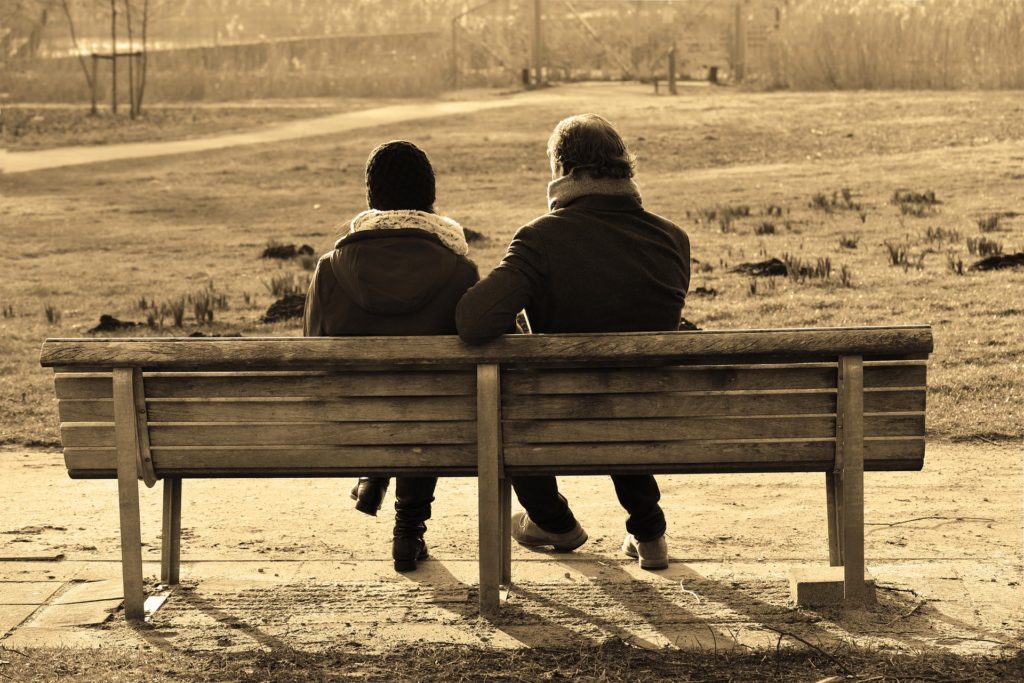
Talking about your emotions. I learned the hard way at age 17 that keeping your hard emotions to yourself will only slowly destroy you from the inside. See a therapist. Often they can not only help you process the emotions, but also give you techniques to handle them when they arise. It is also just so therapeutic to be able to talk about what is bothering you. There are now online/virtual therapist too, so it is easier than ever to see a professional. If therapy isn’t your thing, then just have a “go to” friend or family member with whom you can vent to when you need to vent. Whatever you do, just don’t hold in those emotions. Your mental health will thank you for it.
What kind of habits have you created to help your mental health stay strong? i would love to hear them.


